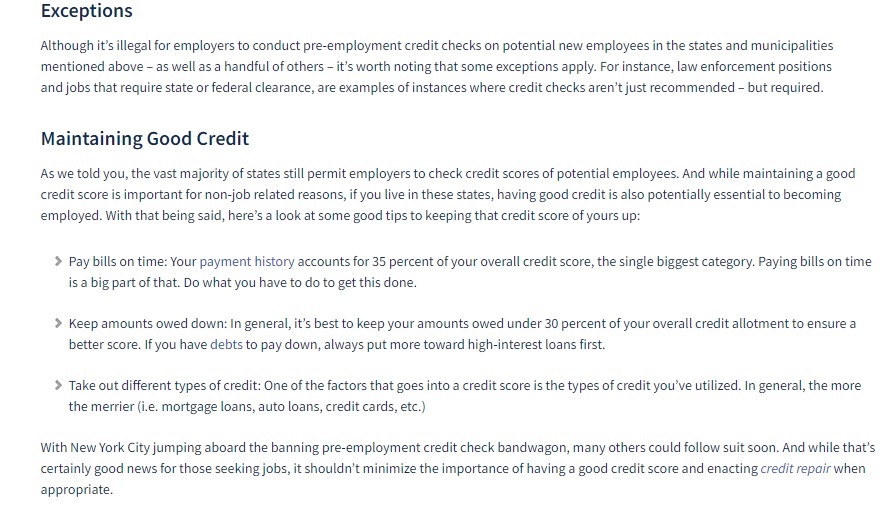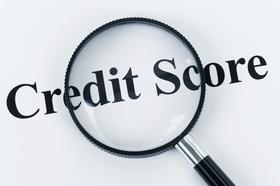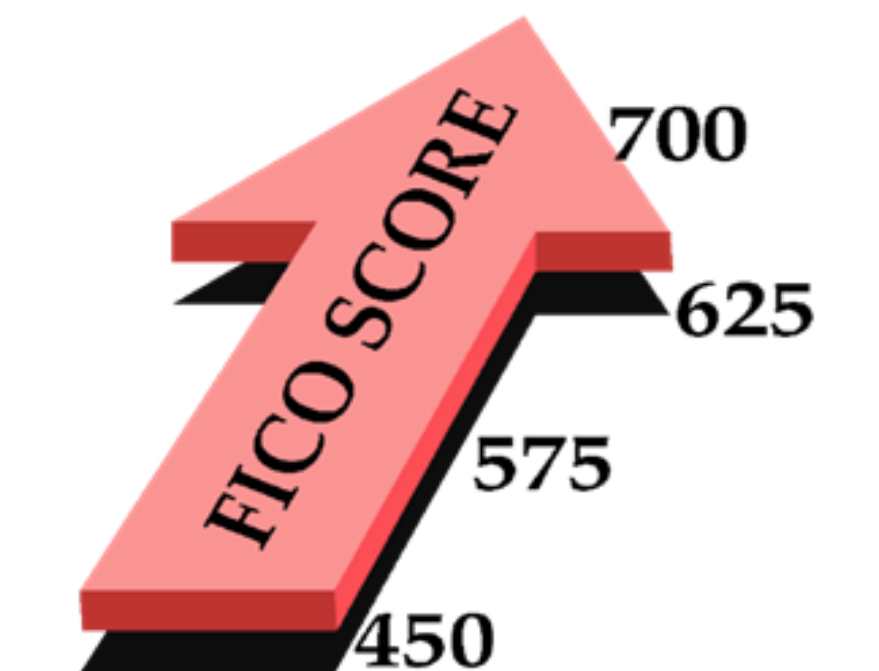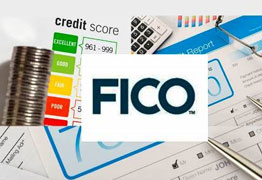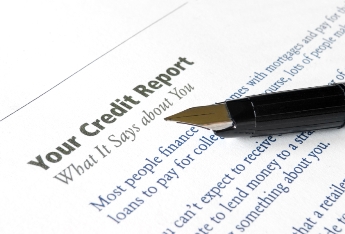NYC Bans Credit Checks – Employment and Credit

Whether you deem it fair or not, the fact is that most states allow pre-employment credit screening. But New York City made headlines in April 2015 when its city council passed a bill prohibiting credit checks for employment. The belief, of course, by New York City council members – as well as officials in California, Washington, Nevada, Oregon, Connecticut, Delaware, Hawaii, Illinois, Maryland, Vermont who have adopted similar legislation – is that one’s credit score is not a valid representation of whether someone will succeed in a professional position. Furthermore, proponents argue that credit checks can lead to discrimination among low-income or financially challenged individuals, which can actually damage credit on a whole.
Exceptions
Although it’s illegal for employers to conduct pre-employment credit checks on potential new employees in the states and municipalities mentioned above – as well as a handful of others – it’s worth noting that some exceptions apply. For instance, law enforcement positions and jobs that require state or federal clearance, are examples of instances where credit checks aren’t just recommended – but required.
Maintaining Good Credit
As we told you, the vast majority of states still permit employers to check credit scores of potential employees. And while maintaining a good credit score is important for non-job related reasons, if you live in these states, having good credit is also potentially essential to becoming employed. With that being said, here’s a look at some good tips to keeping that credit score of yours up:
- Pay bills on time: Your payment history accounts for 35 percent of your overall credit score, the single biggest category. Paying bills on time is a big part of that. Do what you have to do to get this done.
- Keep amounts owed down: In general, it’s best to keep your amounts owed under 30 percent of your overall credit allotment to ensure a better score. If you have debts to pay down, always put more toward high-interest loans first.
- Take out different types of credit: One of the factors that goes into a credit score is the types of credit you’ve utilized. In general, the more the merrier (i.e. mortgage loans, auto loans, credit cards, etc.)
With New York City jumping aboard the banning pre-employment credit check bandwagon, many others could follow suit soon. And while that’s certainly good news for those seeking jobs, it shouldn’t minimize the importance of having a good credit score and enacting credit repair when appropriate.

